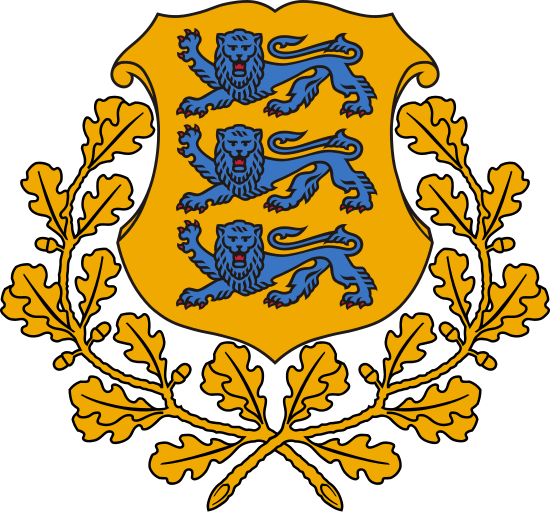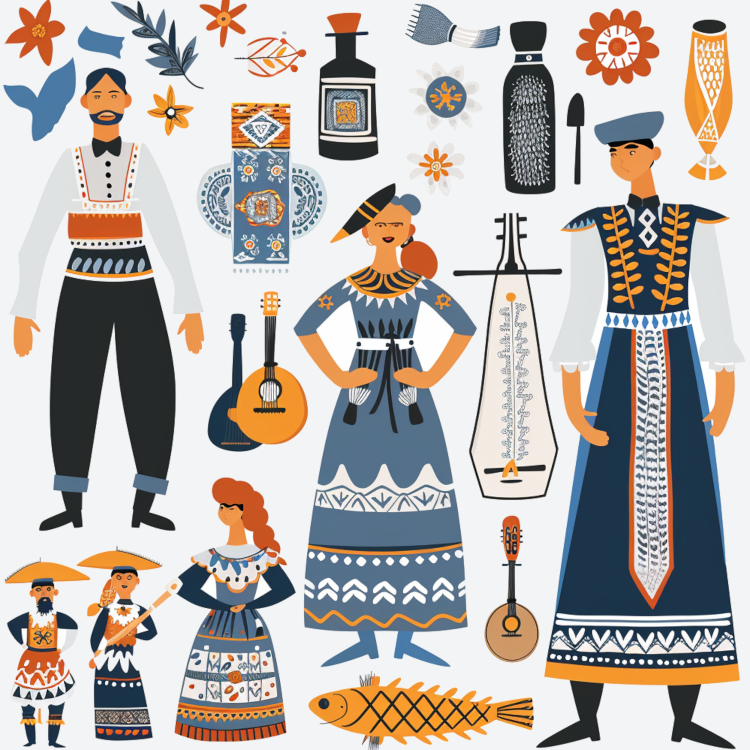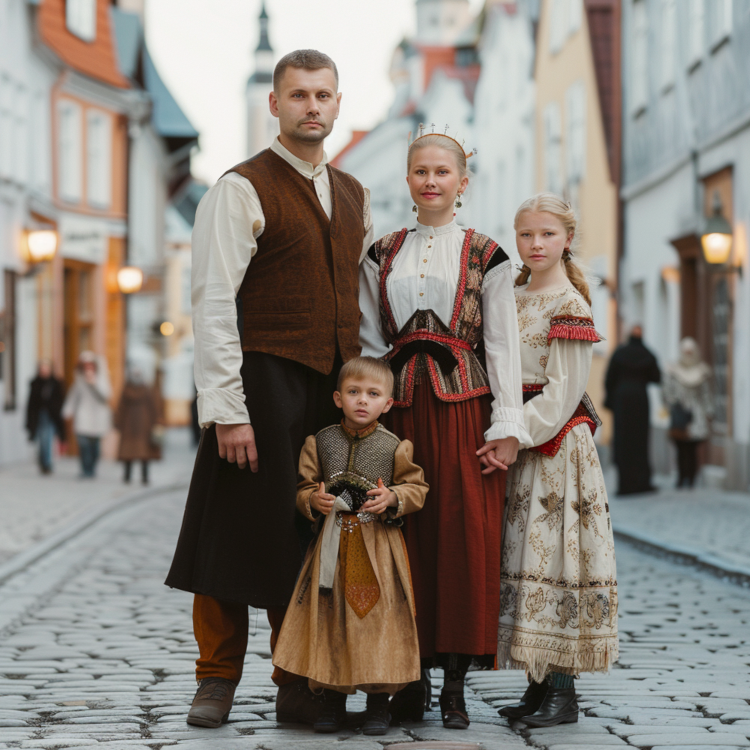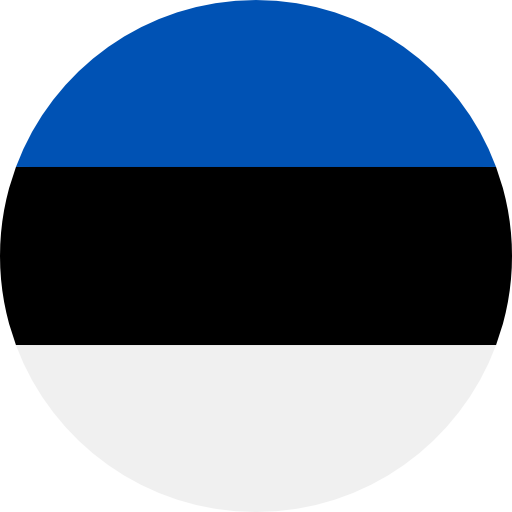About EE

Estonia is a small country located in Northern Europe, on the eastern coast of the Baltic Sea. Here are some basic facts about Estonia:
Population: As of 2021, the population of Estonia is estimated to be around 1.3 million people.
Language: The official language of Estonia is Estonian, which is a Finno-Ugric language closely related to Finnish.
Currency: The official currency of Estonia is the Euro (EUR).
Government: Estonia is a parliamentary republic. The President of Estonia is the head of state, and the Prime Minister is the head of government.
Economy: Estonia has a highly developed and diversified economy, with a strong emphasis on technology and innovation. The country is known for its e-government system, and for being a leader in the development of digital technologies.
Geography: Estonia has a relatively small area of approximately 45,000 square kilometers. The country is known for its numerous islands and extensive forests.
Climate: Estonia has a humid continental climate, with cold winters and mild summers. The weather is heavily influenced by the Baltic Sea and the Gulf Stream.
Culture: Estonia has a rich cultural heritage, with a long history that includes contributions to music, literature, and art. The country is known for its choral singing tradition, and for being the home of the composer Arvo Pärt. Estonian cuisine is also unique and includes dishes such as black bread, marinated herring, and blood sausage.

National Culture Objects
The Singing Revolution
The Singing Revolution refers to a series of events between 1987 and 1991 that led to the restoration of Estonia's independence. It symbolizes the peaceful resistance and cultural unity of the Estonian people, emphasizing the importance of music and national identity.
Kalevipoeg
"Kalevipoeg" is the national epic of Estonia, written by Friedrich Reinhold Kreutzwald. This epic poem, which follows the adventures of the hero Kalevipoeg, symbolizes Estonia's rich literary heritage and national spirit.
Estonian Traditional Clothing
Traditional Estonian clothing, often worn during festivals and celebrations, features intricate patterns and designs specific to different regions. These garments symbolize the country's folk traditions and cultural diversity.
Song Festivals (Laulupidu)
The Estonian Song Festival, or Laulupidu, is a large choral event held every five years in Tallinn. It symbolizes the country's strong choral tradition and the role of music in uniting the nation.
Vana Tallinn
Vana Tallinn is a popular Estonian liqueur with a distinct vanilla and rum flavor. It symbolizes Estonia's culinary traditions and is a notable part of its beverage culture.
Baltic Sea
The Baltic Sea is a significant natural feature for Estonia, influencing its climate, trade, and lifestyle. It symbolizes the country's maritime heritage and natural beauty.
Seto Leelo
Seto Leelo is a traditional polyphonic singing style of the Seto people in southeastern Estonia. It symbolizes the unique cultural traditions of the Seto community and Estonia's musical heritage.

The national anthem of Estonia is called "Mu isamaa, mu õnn ja rõõm" (My Fatherland, My Happiness and Joy in English). It was written by Johann Voldemar Jannsen and composed by Fredrik Pacius, the same composer who wrote the melody for the Finnish national anthem. The lyrics were written in 1869 and the song became popular during the Estonian national awakening in the 19th century. It was later adopted as the national anthem of Estonia in 1920, when Estonia gained its independence.
Here are the lyrics of the Estonian national anthem:
Mu isamaa, mu õnn ja rõõm,
kui kaunis oled sa!
Ei leia mina iial teal
see suure laia ilma peal,
mis mul nii armas oleks ka,
kui sa, mu isamaa!
Sa oled mind ju sünnitand
ja üles kasvatand;
sind tänan mina alati
ja jään sul truuiks surmani.
Mul kõige armsam oled sa,
mu kallis isamaa!
Su üle Jumal valvaku,
mu armas isamaa!
Ta olgu sinu kaitseja
ja võtku rohkest õnnista',
mis iial ette võtad sa,
mu kallis isamaa!
And here is an English translation of the Estonian national anthem:
My fatherland, my happiness and joy,
how beautiful you are!
I could not ever find on earth
a place that would be as dear to me,
as you, my fatherland!
You gave birth to me
and raised me up,
and for that I shall always be grateful,
and remain faithful to you until death.
You are the dearest of all to me,
my precious fatherland!
May God watch over you,
my beloved fatherland!
May He be your protector,
and grant you abundant blessings
in all that you undertake,
my precious fatherland!


